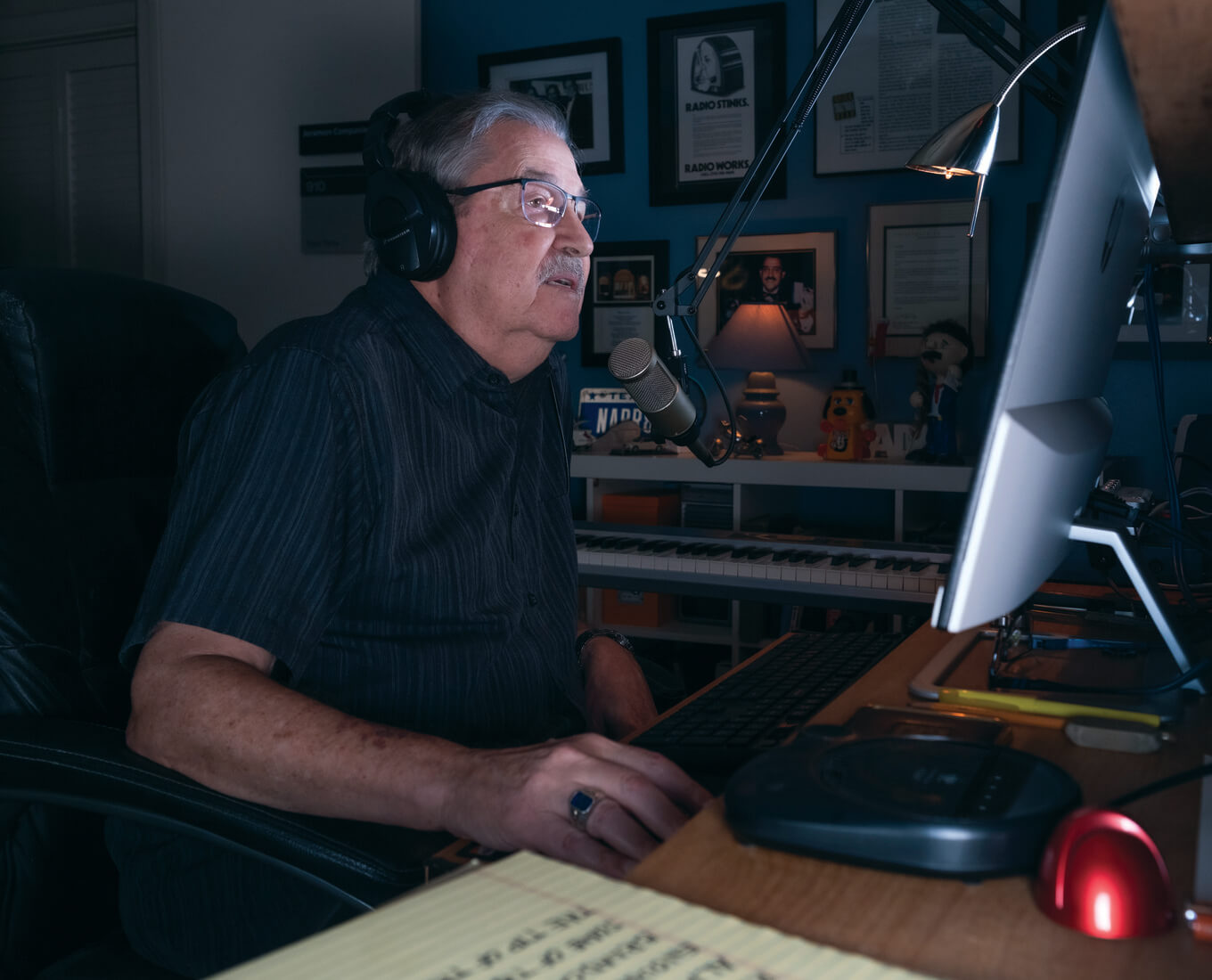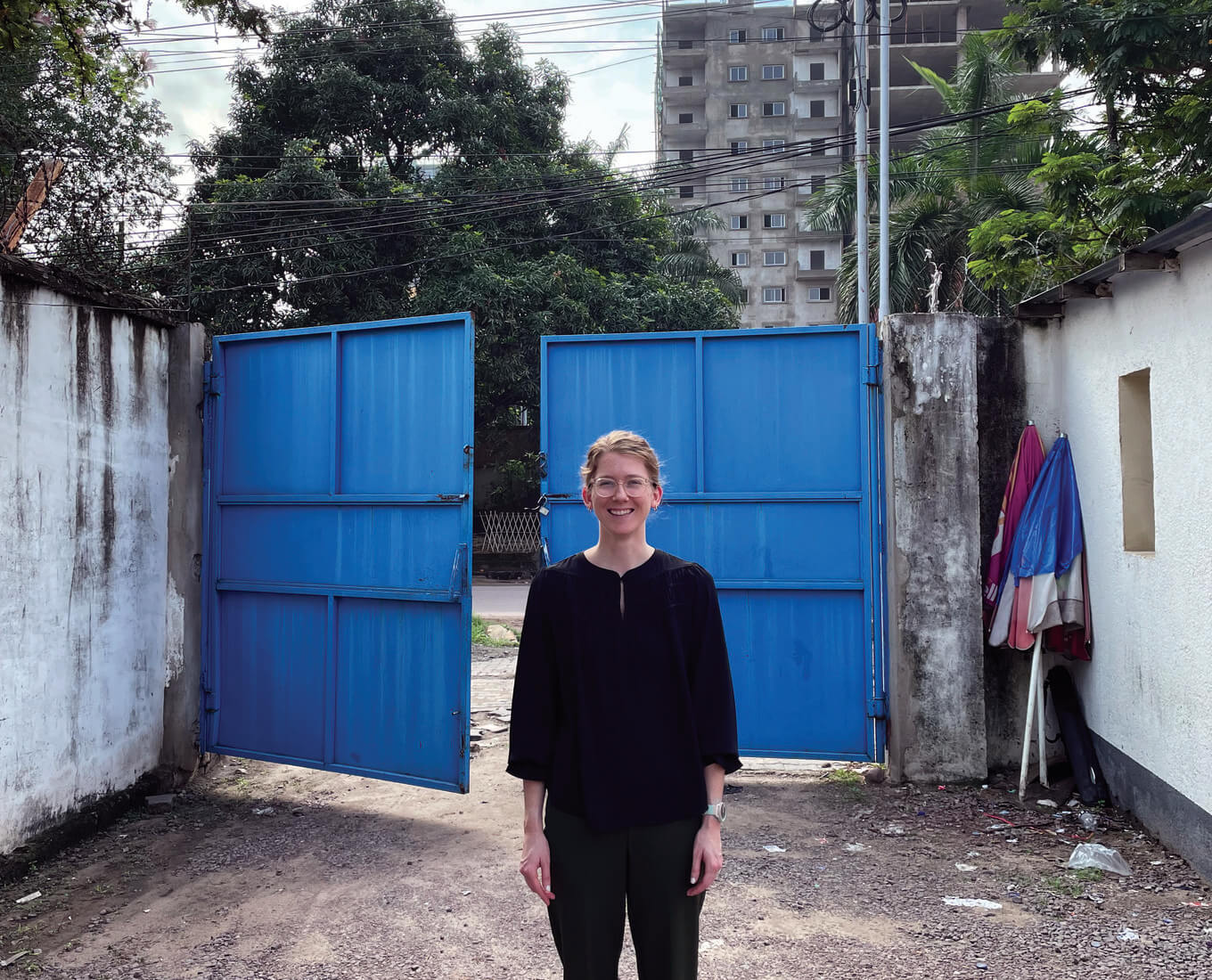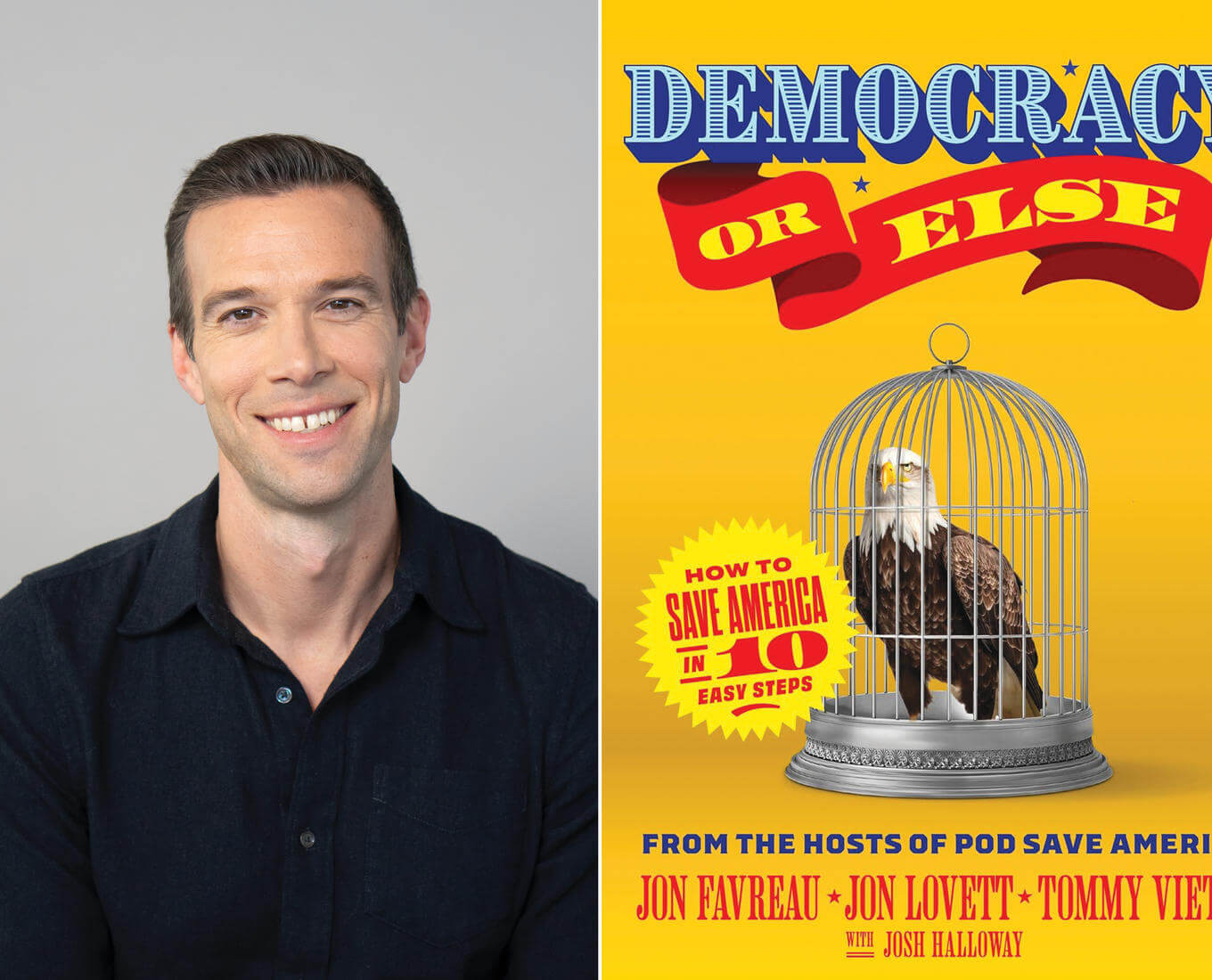With the start of a new school year this fall, Connor Zanini ’17 marks his eighth as a chemistry teacher at Hopkinton High School in Massachusetts, which also happens to be his alma mater. Zanini is a third-generation chemistry teacher who looks to his mother and grandmother as his role models. At Holy Cross, Zanini was a chemistry major and completed the Teacher Education Program, honing his skills while student teaching at Burncoat High School in Worcester.
To kick off the school year, Zanini answers our pop quiz — sharing everything from his favorite periodic element to his thoughts on the biggest challenges students and teachers face today.
FIRST, A FEW QUESTIONS ABOUT YOU, CONNOR
Where did you grow up?
Hopkinton, Massachusetts.
What is the best part of teaching at the high school you also attended?
At first, it was knowing the building layout, bell schedule and the names of some staff members. Now, I really appreciate the opportunity to contribute to a community that I benefited so much from.
What is the weirdest part of teaching at the high school that you attended?
I teach chemistry in the same classroom where I took AP Chem, and I often have flashbacks to particular lessons.
When you were young, what did you want to be when you grew up?
Research scientist working on finding a cure to Type 1 diabetes.
What profession other than your own would you like to try?
Gluten-free baker.
What profession would you not like to try?
Astronaut … stuck in space? No, thank you.
How do you relax?
Cuddles with my dog, Callie. Going for a run. Prayer. Ice cream.
Favorite TV show you’ve watched recently?
“Lessons in Chemistry.” (I promise, I’m not making this up!)
Favorite book you’ve read recently?
“Down to the Sea with Mr. Magee” by Chris Van Dusen. (It’s my daughter’s favorite, and my wife and I enjoy the fun rhymes.) For myself, I have had “The Anxious Generation” by Jonathan Haidt on my reading list for a while.
Go-to coffee order?
Hot black.
If you could have one superpower, what would it be?
Flight. Hopefully, that would help me get over my fear of heights.
ON TEACHING HIGH SCHOOL CHEMISTRY
What made you want to be a teacher?
I am a third-generation chemistry teacher and my mom and grammie are both amazing role models.
What made you want to teach chemistry?
A combination of things … I had a natural affinity for chemistry compared to biology or physics. I found myself motivated by the subject matter that allowed me to discover and learn more through research and questioning. I tried some things outside of education while I was at Holy Cross and I didn’t love them as much as I loved building relationships with people and working together toward a goal in a classroom setting. I really appreciate the part of teaching that allows me to continue to learn to perfect my craft as well.
What made you want to teach high school students?
High school students are all going through a transformative time trying to discover themselves and plan for their future. When I first started teaching, I felt like I related most to high school students — I was still trying to figure out my teaching style and transition to the adult world. I really appreciate the conversations I have with high schoolers about college, jobs or extracurriculars, and I value being there for them during this transition.
Favorite topic/lab to teach?
I have a lot of fun teaching a short, project-based unit on plastics after students learn about covalent bonding. One of the labs we do is making slime and students investigate its viscosity, elasticity and viscoelasticity. It’s fun to watch students think of different ways to test these properties and compare their slime to other groups!
Least favorite topic/lab to teach?
Electron configuration … Until taking p-chem [physical chemistry] at Holy Cross, I don’t think I had much appreciation for this topic and it’s hard for high school students to really understand without memorizing patterns on the periodic table.
How would you describe your classroom in three words?
Chem-is-try. It’s my classroom slogan. Students know from Day 1 that they are going to have to try and work hard each day. Just like most things, through discipline, commitment and focus, they can succeed.
What is one item that you must have on you at all times in the classroom?
The periodic table, of course!
Favorite periodic element? Why?
Right now, lead. Its symbol on the periodic table is Pb, which comes from its Latin name, plumbum. This usually gets a few laughs in class when we are trying to learn element symbols.
Favorite day of the week?
Definitely Wednesdays. We do Wellness Wednesdays in my AP Chem classes and I love to take a break from learning chemistry during the first 5 minutes of class to prioritize ourselves. We usually play a game, meditate or find something fun to do all while learning about each other in the process.
What’s the best part of your job?
Learning from the staff and students I see each day.
What’s the hardest part of your job?
Balancing life with a growing family.
How do you engage with students who are leery of a science class or worry they won’t do well?
We have all experienced that feeling that we are not good at something. That feeling is really crummy and I try my hardest so that my students don’t feel that way about chemistry. Many of my students begin chemistry with preconceived notions about the difficulty of the course. They’ve heard from friends that it is “hard” or parents that they “just weren’t good at chemistry.” I try to convince my students that their experience will be unique to them and they need to create their own ideas about the course. I try to be as honest with them as possible and tell them that they will need to work hard, but if they come to class and utilize the resources that are available to them, they will succeed.
How do you keep your students engaged?
I try really hard to keep students engaged. This is something that really intimidated me when I first started teaching. When students walk into my classroom, they place their cell phones in a designated location to help them eliminate the distraction. We often start class with a kick-off question or video. We rarely do anything for more than 15 minutes before quickly switching to something else. Lab work, white boarding, direct instruction, online simulations and group discussions are some of the activities we use to increase engagement. I try to make connections between the content and the life of a high schooler as often as I can. For example, when we were introducing the four categories of materials (polymers, composites, ceramics and metals), I asked students to “spot the difference” between two images of Tom Brady before we talked about the materials used to make his protective helmet.
ON A NEW SCHOOL YEAR
What’s your best advice to parents at the beginning of the school year?
Share a meal with your child and ask them to teach you about anything that they are learning in chemistry class.
What’s your best advice to students starting a new school year?
Put your phone away and do your homework (sounds harsh, but trust me, it makes it a whole lot easier to learn).
What’s your favorite part of starting a new school year as a teacher?
Revising lessons and trying to make things better than last year!
How can parents best support teachers?
Trust that a teacher’s professional expertise will help your child succeed and give your child space to navigate the classroom experience, following their lead!
What emojis capture the start of the school year for you?
💆📝🏃🤓🧪
ON ALMA MATER
What made you choose Holy Cross?
I shadowed an amazing student who showed me everything about life on The Hill. I attended some bio classes, had lunch in the dining hall and hung out in the dorms. I think it was after this visit that I realized how much attention each student gets and the meaningful relationships that are built with teachers, staff and students.
What was the most impactful course you took at Holy Cross, and who taught it?
It’s a tie between analytical chem with [Associate Professor of Chemistry] Amber Hupp and practicum with [Teacher Education Program Director] Mary Beth Cashman ’05! I loved learning about analytical methods and the labs that we did with Professor Hupp. I find myself drawing on that class a lot as I teach atomic structure. I also used a lot of those skills while I worked at Pfizer during a summer internship. I had a crazy schedule my senior year, student teaching at Burncoat High School and finishing my chem requirements. In practicum, we had a great community of people going through the same thing and the support we got from Mary Beth was unparalleled.
What is something you learned at Holy Cross that you use as a teacher today?
I often use the phrases “cura personalis,” “multicultural competency” and “community and citizenship” — three cornerstones that I learned while working in student development. In conversation with students, I often emphasize that they need to take care of themselves so that they can access our chemistry curriculum and present their best self in class.
What was the best part of the Teacher Education Program at Holy Cross?
Everyone in the department is super supportive and knowledgeable. There is a close community among teachers and students since we are often a small group. While we are on breaks during student teaching, I loved getting together with my classmates and being able to discuss things with people going through a similar experience.
What was a favorite memory from student teaching while at Holy Cross?
I did a pretty simple demo to help teach gas laws and brought a balloon outside on a cold day and students watched the balloon “deflate” and fall to the ground. When I brought it inside, the balloon “inflated” and everyone gasped. I’m pretty sure they thought I was a magician until we learned Gay-Lussac’s Law, P/T=P/T.
What is your favorite Holy Cross tradition?
Gateways Orientation. When I led the orientation program at Hopkinton High School, I drew upon many of the things I learned as a summer orientation leader! Shoutout to Cathleen Doane Cannon of student development!
What is your favorite spot on campus?
A late night at Crossroads or Cool Beans was where you could find me most days!
Favorite Worcester spot?
Madulka’s, hands-down!
AND FINALLY …
What do you most hope your students leave your classroom with each day?
The belief that hard work, commitment and an inquisitive mind will allow you to succeed at anything you want to do!
What do you think are the biggest challenges students face today?
No. 1 is social media. The data is scary, particularly for young girls. No. 2 is the pressure they face to attend college (especially colleges with more name recognition). I find that my students do not think enough about how they might fit into the school and the programs that are offered there.
What do you think are the biggest challenges teachers face today?
Time. There is so much to do and so little time. The most effective practices are often very time-consuming. Some schools have students attend school four days a week and teachers get time back one day a week, and I would love that, though it’s very logistically challenging.
What is something you wish people better understood about high school students today?
They will care about chemistry (or any subject) once you care about them.


